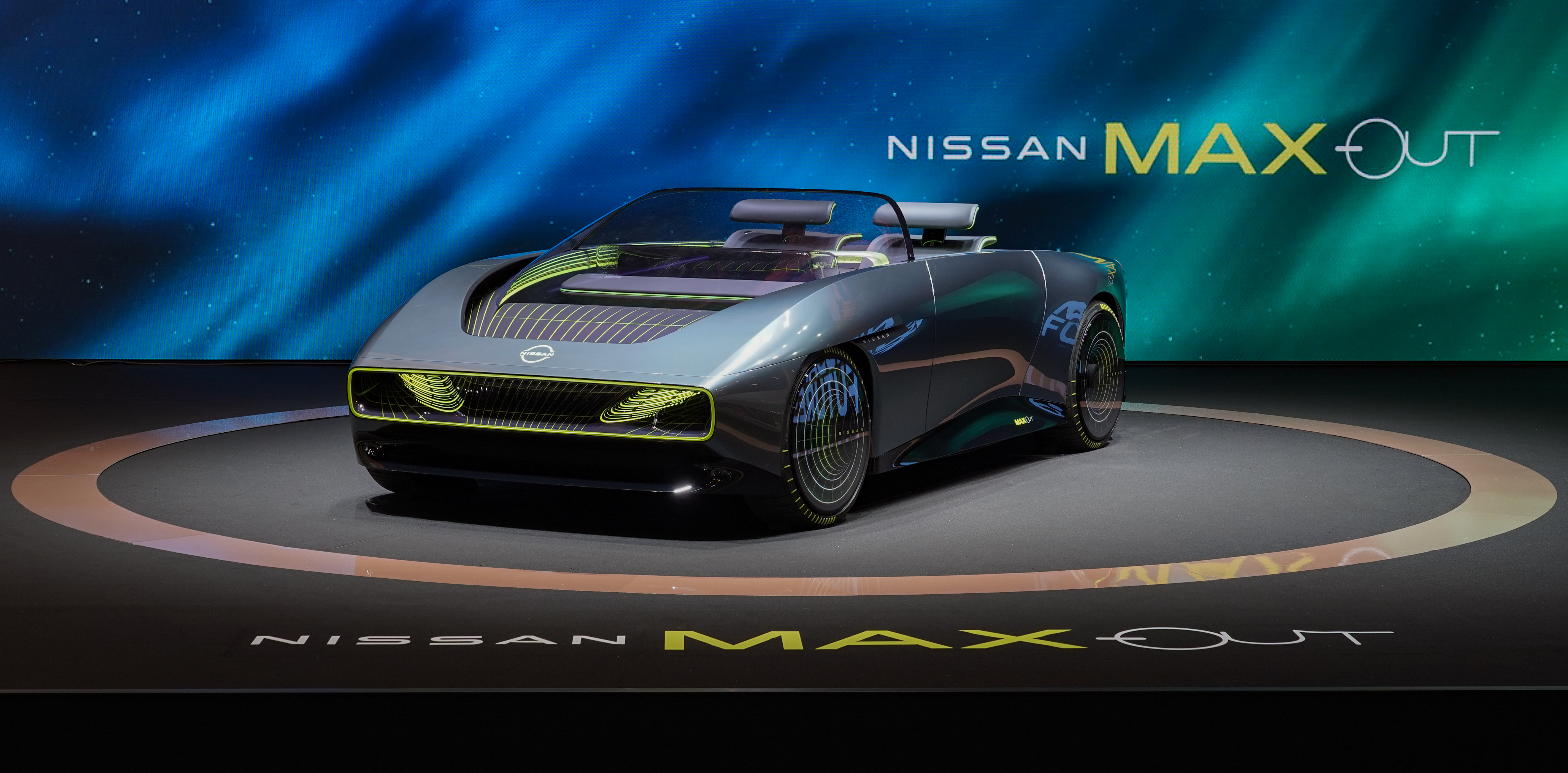Nissan Claims It's On Track To Sell Solid-State Batteries In 2028
They should be lighter, less expensive and charge faster.
We've known for a while now that Nissan is investing heavily in solid-state batteries. They promise to charge faster while also being lighter and less expensive to produce. Recently, David Moss, Nissan's European head of Research & Development, sat down with Autocar for an interview where he claimed the company is still on track to hit its 2028 production target.
"We think we have something quite special and are in a group leading the technology," Moss told Autocar. "We want to get the cost down [compared to lithium-ion batteries] by 50 percent, to double the energy density and to offer three times the charging speed."
Half the cost, twice the energy density and triple the charging speed? If that actually ends up happening, it would be a huge step forward for electric vehicles. The U.S. will still need to build out its charging infrastructure, but that would solve so many other problems with EVs.
"If you can put in energy three times faster, is it any different to filling a [gas] vehicle?" said Moss. "We don't know yet [about battery size], but we might have two sizes of battery — one for really heavy users who need massive range. But if you can put energy in like petrol, do you need the size?"
The man makes a good point. Although, we're sure the people who insist EVs will never work because they have 900-mile daily commutes will still find something to complain about. They'll have to skip complaining about cobalt mining, though, because Moss said the 2028 battery will also be cobalt-free. And they'll be "all solid-state," too.
"Can you delete the liquid electrolyte out of the battery? This is where we think we're leading," said Moss. "Some solid-state batteries still have the liquid electrolytes, and this is an issue, as that liquid boils. The efficiency of that energy in storage and transfer and the power you put into it will be impacted."
Nissan still has to build the factory that will eventually produce its solid-state batteries, and 2028 is still years in the future. But it's still fascinating tech that we're excited to see finally make it to market. Eventually. We hope.
